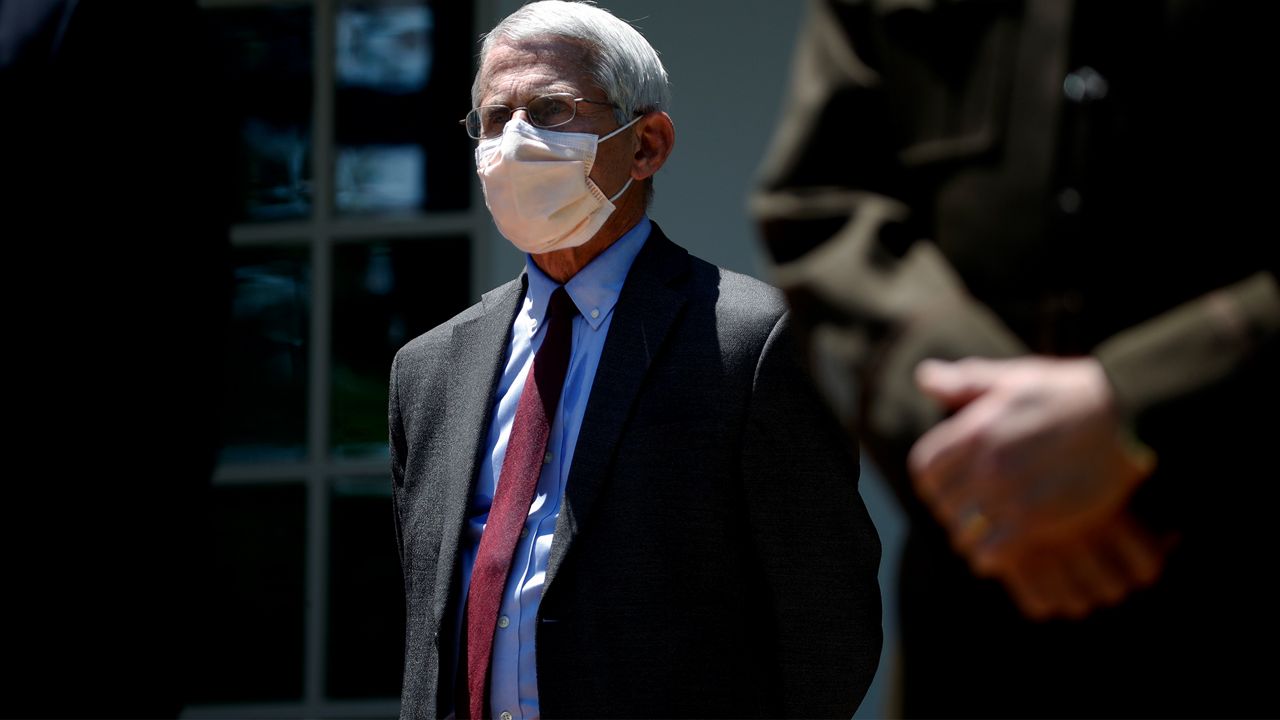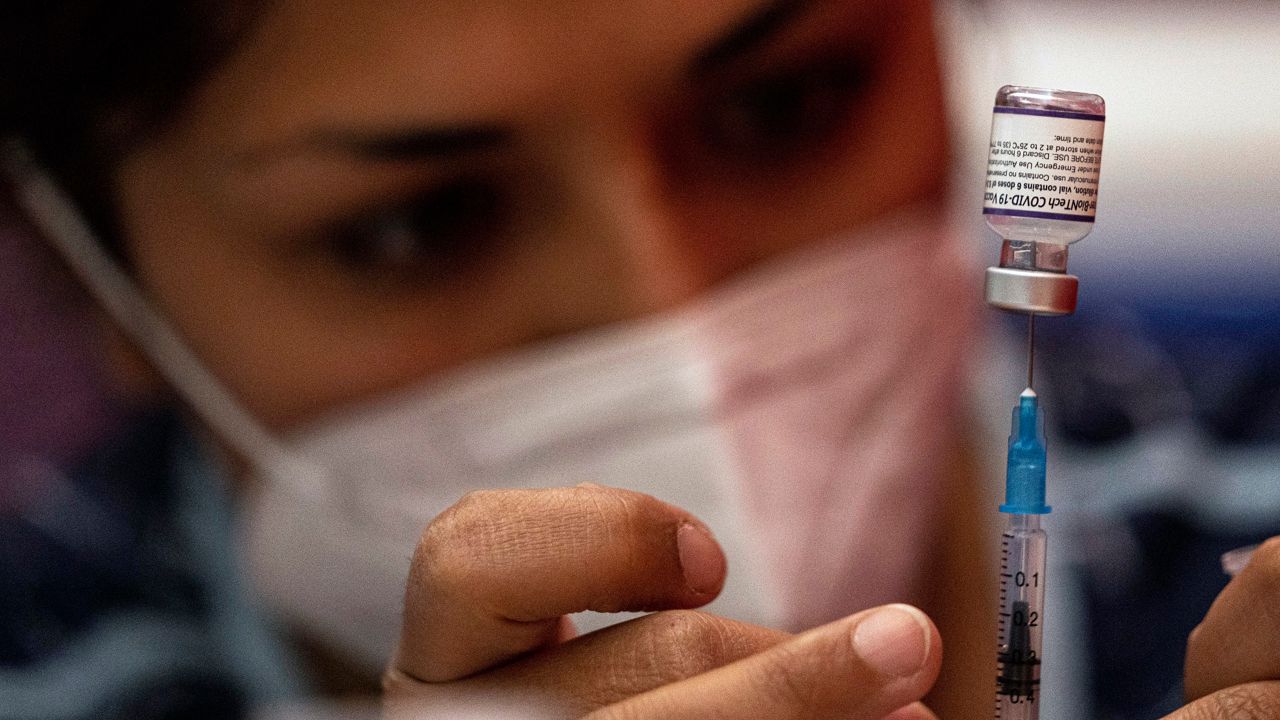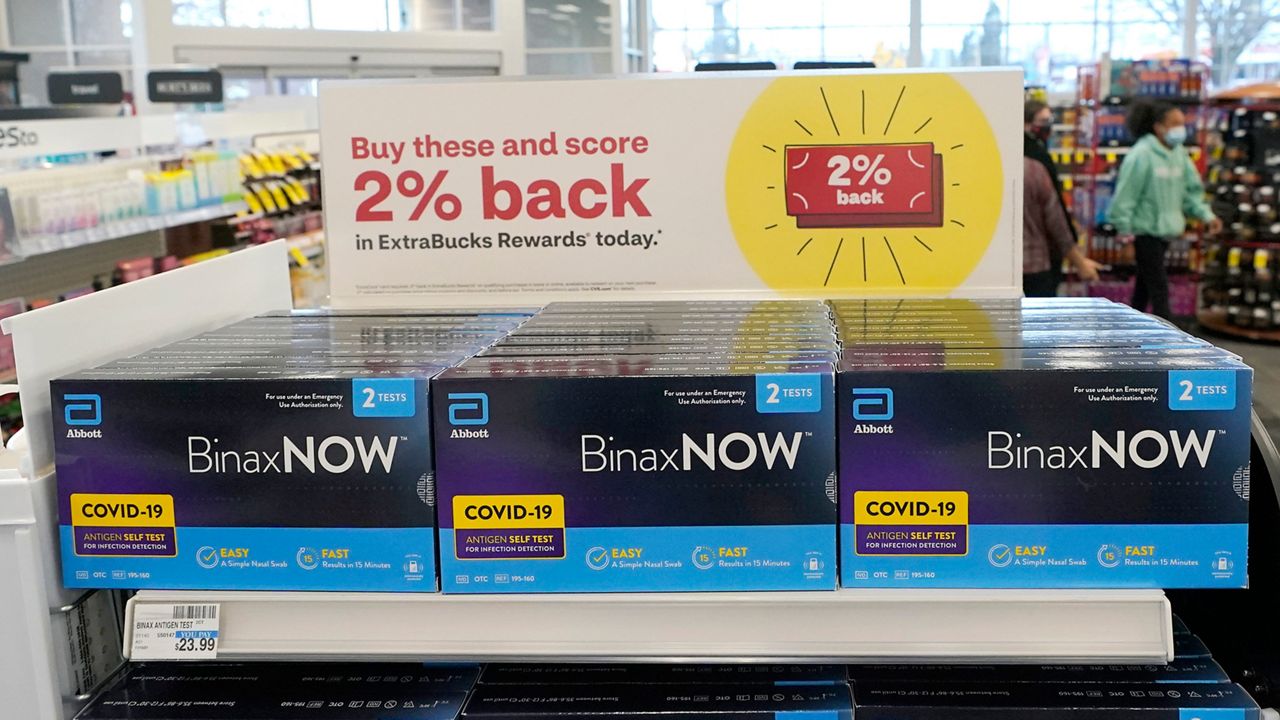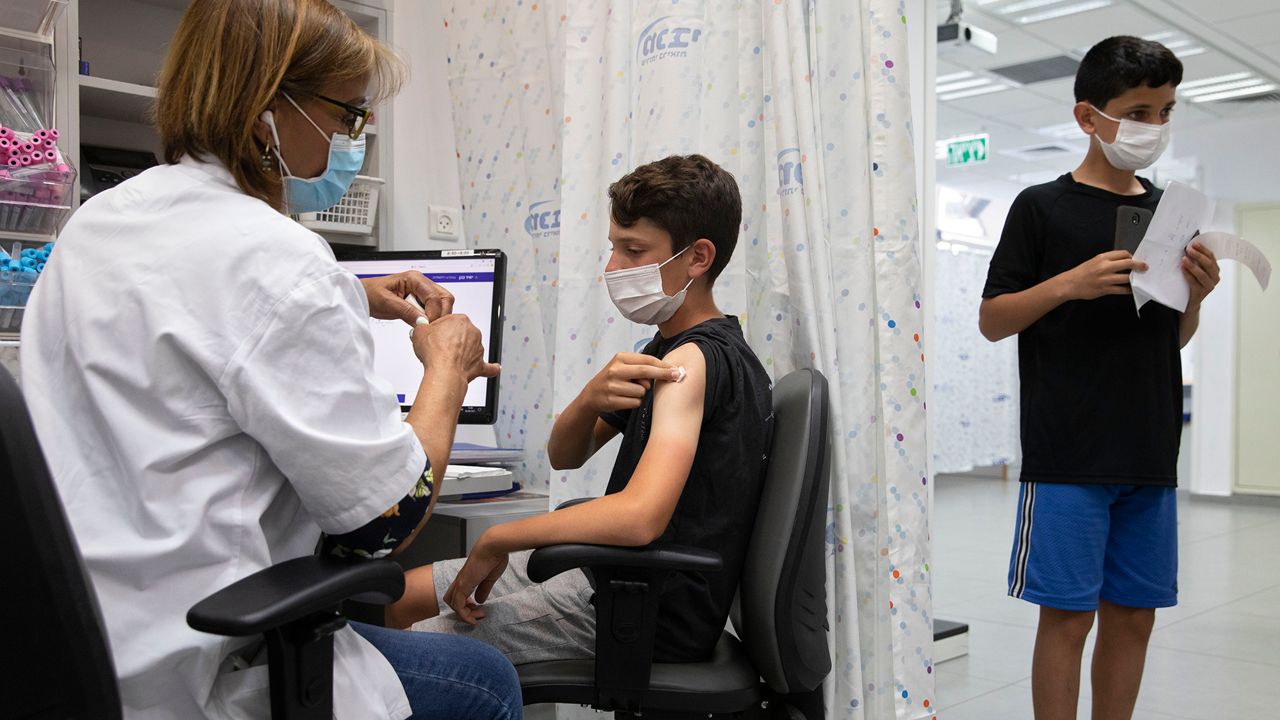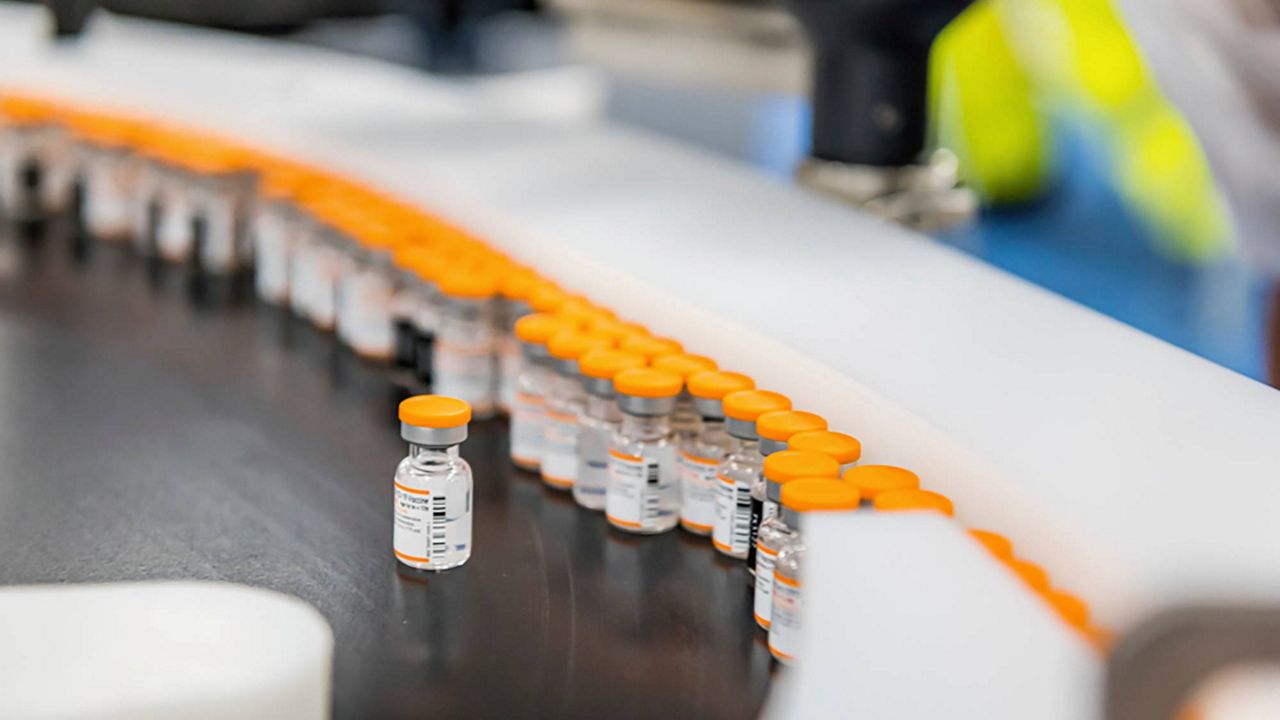NATIONWIDE – The nation’s top infectious disease expert, Dr. Anthony Fauci, spoke at an event with the American Society of Microbiology this week, emphasizing the long-term effects of the novel coronavirus.
What You Need To Know
- Young adults, children who have had a “mild” case of COVID-19 still experience an extended recovery period
- They could also have residual symptoms for weeks or sometimes months longer
- Medical world has identified some as "long haulers"
- Some experiencing symptoms weeks and months after recovery
Dr. Fauci spoke on how many young adults and children who have had a “mild” case of COVID-19 still experience an extended recovery period from all symptoms.
“We’d better be careful when we say ‘Young people who don’t wind up in the hospital are fine, let them get infected, it’s OK.’ No, it’s not OK,” Dr. Fauci said during the event.
He went on to say that those who don’t need hospitalization and are predominantly healthy can end up in bed for two or three weeks with the virus. They could also have residual symptoms for weeks or sometimes months longer.
Fauci said later check-ups with patients who “recovered” from the virus “have a substantially high proportion of cardiovascular abnormalities, evidence of myocarditis by MRI and PET scans, evidence of emerging cardiomyopathies.”
Fauci called these findings “really troublesome” because they continue to evolving as the world learns more about COVID-19 and the long-term impact.
As the United States continues to battle the spread of coronavirus, only time will tell how deep the effects will run as schools reopen and sports start up again.
"I'll guarantee you if we have this conversation again. Six months to a year from now, we'll be reviewing the literature about talking about the long-term deleterious effects of non-hospitalized patients," Fauci said.
The medical world identified these types of people who suffer lingering symptoms or damage as a result of the COVID-19 as "long haulers."
The Centers for Disease Control and Prevention has also warned about the longer-term damage that healthy Americans are being infected. In late July they issued a report confirming that 35 percent of the infected surveyed, who hadn't been admitted to a hospital (majority under 49 years old) were still experiencing symptoms two to three weeks after testing positive.
"COVID-19 can result in prolonged illness even among persons with milder outpatient illness, including young adults," the report's authors wrote.





